Philos Health – Philippines – Laura Abbott, MD
Written by Laura Abbott, MD PGY4 at the Kaiser Permanente San Francisco OBGYN Residency Program while on global health rotation with Philos Health in Jagna, Bohol, Philippines in February 2015.
Looking back on the week I spent in Jagna, Bohol, with Philos Health, it can only be described as a whirlwind – time vaguely distorted – yet each hour was filled to the utmost and each day incredibly rich with experiences. We flew out of San Francisco airport as a group some time soon after 10pm, to arrive in Manila in the wee hours of Sunday morning, having lost a day in transit to the date line. We had all tried to sleep on the 12-plus hour flight, some more successfully than others. After a bit of a lay-over, we took a small plane to Tagbilaran, where the airport could only accommodate one airplane at a time. Thus, we circled for a while, awaiting our turn to land. Stepping out into a light drizzle and warm air, it hardly seemed possible that it was February.
We were greeted in Tagbilaran by several individuals who had been involved with Philos Health for the ten years since it was first started. In the early days, the trips had focused on primary care. Over time, the numbers and types of providers grew, so surgeries came to be offered in addition to the clinics held in different locations daily. I learned about the group and its past visits as we drove around Bohol to Jagna – an hour’s drive from Tagbilaran, which is the biggest city on the island. I heard about the nutrition program that Philos Health organized, and the newer push for dental care. Philos has even helped to organize a radio station that provides health-related information to the population and has been readily adopted by the community.
We drove through the center of Jagna, and someone pointed out the small hospital where I would be going that afternoon to perform preoperative exams and counseling in preparation for the surgical side of the mission I had joined. The hospital was a little ways back from the main road, off the town square. It was squat and so much smaller than those to which we are accustomed in the United States. However, compared to some health centers I have visited in developing countries, it seemed a bit less ramshackle. Later that afternoon, I had a chance to see it in person, finding the ORs to be clean and well-kept, though my immediate reaction to performing two surgeries simultaneously in the same room (on different OR beds) was something more than surprise. That said, I took it in stride – it is hard to be too shocked by something the local people take for granted.
And so, having been up since before 5am local time (and who knows what time in San Francisco) after a long flight and a drive, we started our exams around 3 in the afternoon. We saw approximately 19-20 patients for preoperative assessment, and determined that 16 of them required surgery. After completing our notes, we sat around strategizing for the week – trying to allow some room for the unforeseen emergency surgery that could happen at any time and throw our plans amiss. We determined to do 5-6 surgeries the first day, another 4-5 the next day, and see where that got us.
Thus the week began – we hit the ground running and barely paused for breath until Thursday night, which marked the end of our days in the OR. Monday morning, we were faced by a disorganized team – supplies had to be located (along with the boxes we had brought with us), and the scrub techs and circulators needed to be taught some of the equipment we needed, as well as reminded of the expectations for gynecologic surgery. I was surprised to find that all of the surgeries would be done under spinal anesthesia, as the hospital had no ventilator, which meant that anyone requiring intubation would need to be bag-masked by hand through the whole procedure. And, yet, we did surgeries for benign disease more complicated than many I had seen in residency (except for cancer) because the pathology was so much greater than that seen in the US. Women came to us with fibroids or simple cysts up to their xyphoid processes for lack of earlier access to care. At one point in the week, one of the surgeons commented that all of our women appeared pregnant, even though not one of them was.
The first day, we worked from 8:30 am to 11pm and fell asleep as soon as we got back, only to wake with the roosters crowing the next morning. I never managed to sleep later than 5:45am the entire trip, as jetlag never quite got the chance to fade away. And so, my mornings were spent exploring the surrounding villages and countryside, and my days were spent in the OR, out of the worst of the heat. And, despite some initial misgivings, we gradually found our stride in the OR as the days slipped past. By the end of the week, a miraculous transformation had occurred from that near-chaos the first day – on the last morning, we arrived to have everything in place, the tables ready, the instruments gleaming, and the spinal about to be placed. In just four short days, we had become a working team.
As is so often the case, another striking feature of the trip was the interactions I experienced with patients. The women were so stalwart – so seemingly immune to the normal postoperative pains and complaints. They were so very grateful for the opportunity to have had surgery, and seemed to take all that followed as commonplace. One of our patients developed a postoperative fever and diarrhea that self-resolved with antibiotics – but she was happy and smiling at every interaction, despite the fact that she had a large incision and must have felt rather miserable.
I will never forget one woman – a thin, slightly older woman who had actually been diagnosed with endometrial cancer the week before. She came to us hoping for a cure, with a very low hematocrit for which she needed a blood transfusion prior to surgery. We were very clear with the patient and her daughter – that the surgery would help her, make her feel better, at least temporarily stop the bleeding, but that it may not make the cancer go away. We hoped, prior to starting, that our findings would be reassuring, but the cancer was practically bursting through her uterus, and we were fairly certain she already had microscopic spread somewhere in her body that would eventually lead to her death. We stopped by to see her before she went home, and she grasped both my hands tightly, almost afraid to let go, and kept saying thank you. Tears welled up, and I held right back on, knowing we had done what we could, whether or not it was enough.
Near the end of our stay, the mayor held a dinner for us. We were joined by the hospital staff at the Town Hall, where we had a feast of the usual rice, fish, chicken and mango. We all sat around talking, learning a bit more about what had happened with the other team members, and later listening to speeches of gratitude. Truly, though, I was also grateful for the experience and the opportunity to be involved in the program. While surgical missions may not be a permanent solution, they are a small step towards improving the health of women by giving them access to care they could otherwise ill afford. And Philos has gone about the process responsibly, setting up safety networks so that the patients who undergo surgery are followed for their postoperative course, with any complications addressed by the Philos team or a local surgeon with whom Philos works.
The week flew by, and Thursday night found us leaving Jagna, for a last night at a small ecotourist lodge called the Bee Farm, where there has been an effort to provide organic produce and minimize the environmental impact of tourism. It felt like quite a shift from the small town we had left, with more of a concentration of wealth. And, yet, places like this offer hope for the communities, as well – allowing for sustainable growth, and the influx of a less harmful form of tourism. I enjoyed my last night there, with the fan on over my head. The next day, I left for San Francisco, arriving only a few hours after I left Tagbilaran (and a few hours before I left Manila), having regained that lost day. On my return, I recovered and reflected, and was glad for the email I received from one of the other surgeons early the next week telling me that everyone was recovering well. It felt like a job well done.
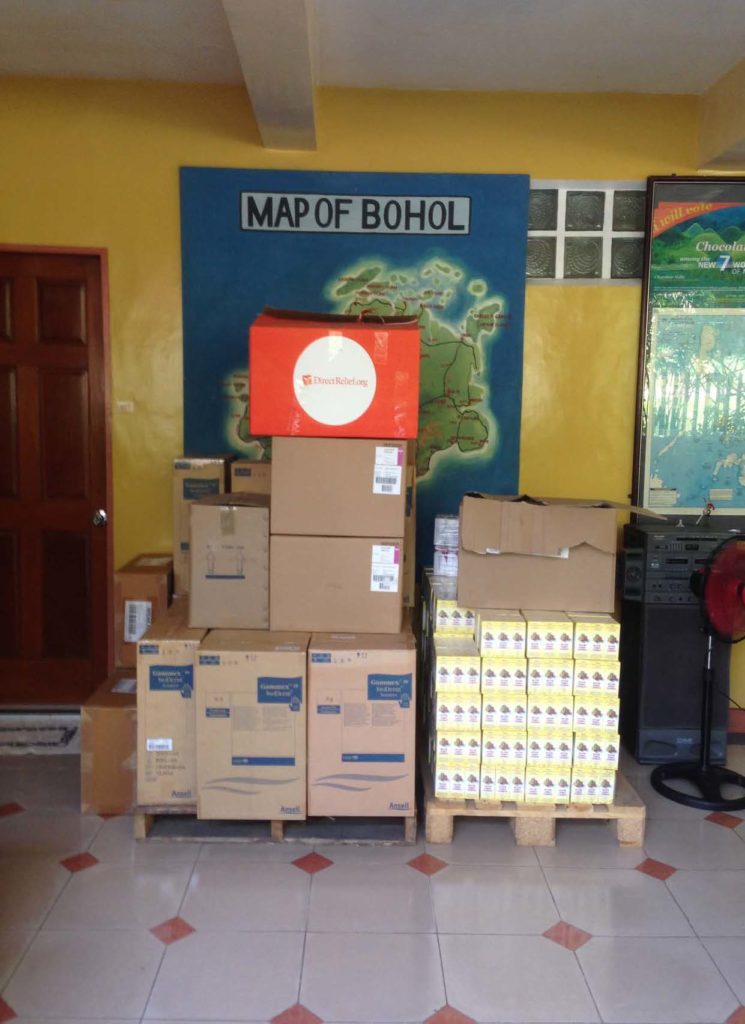
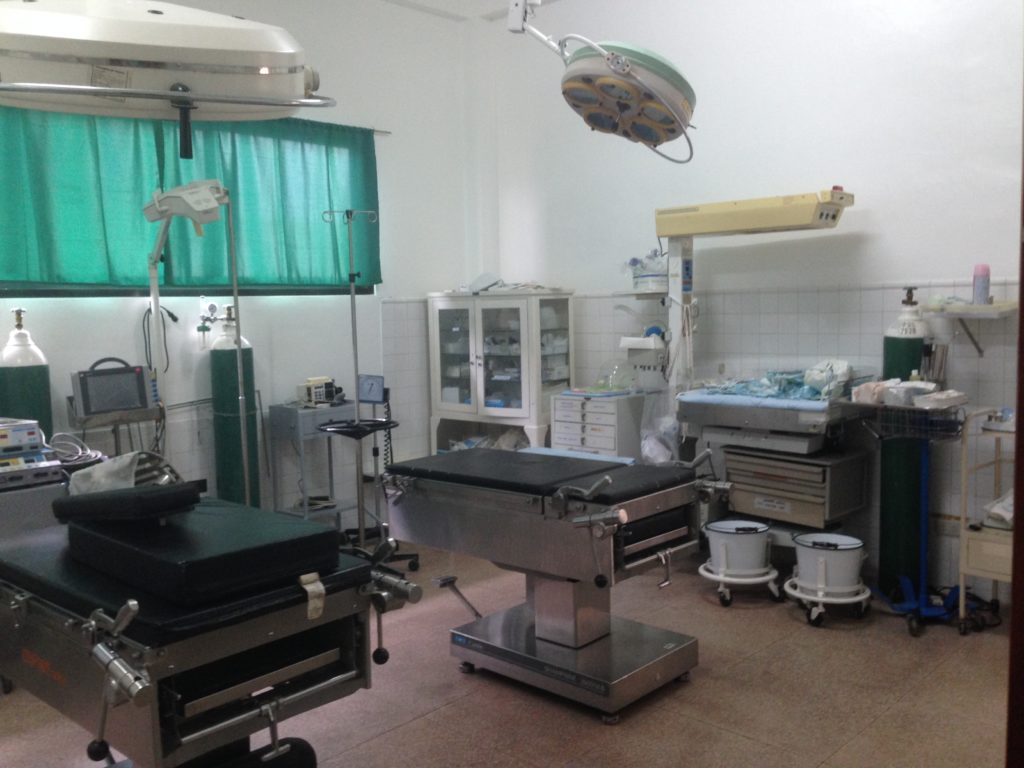
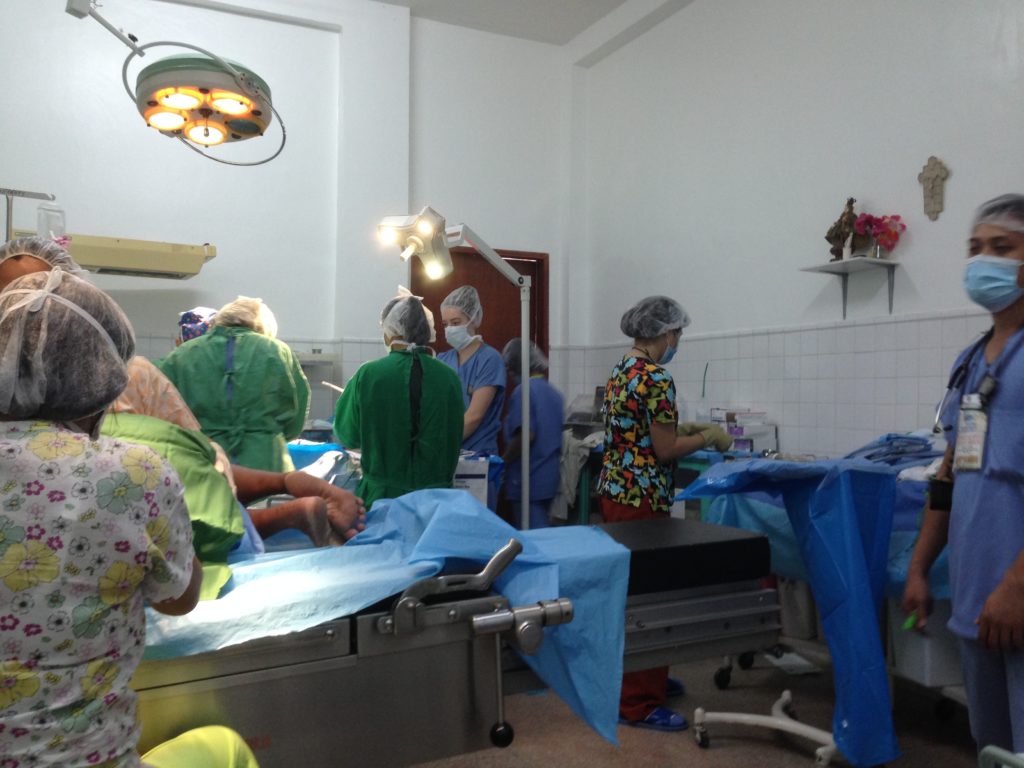
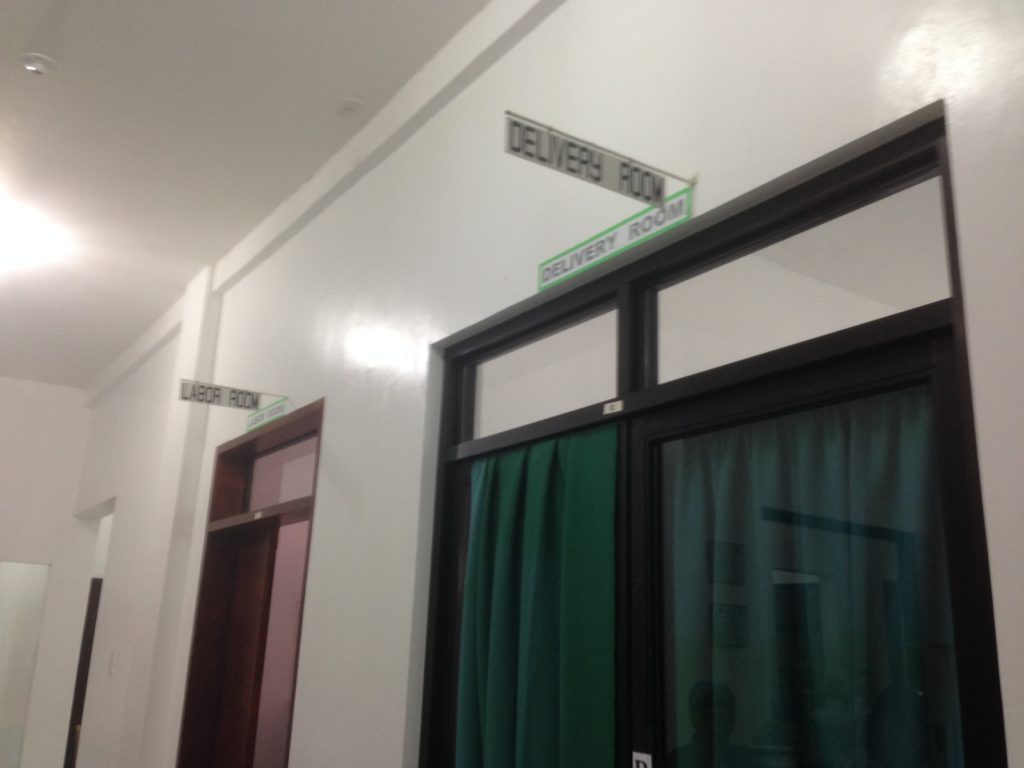
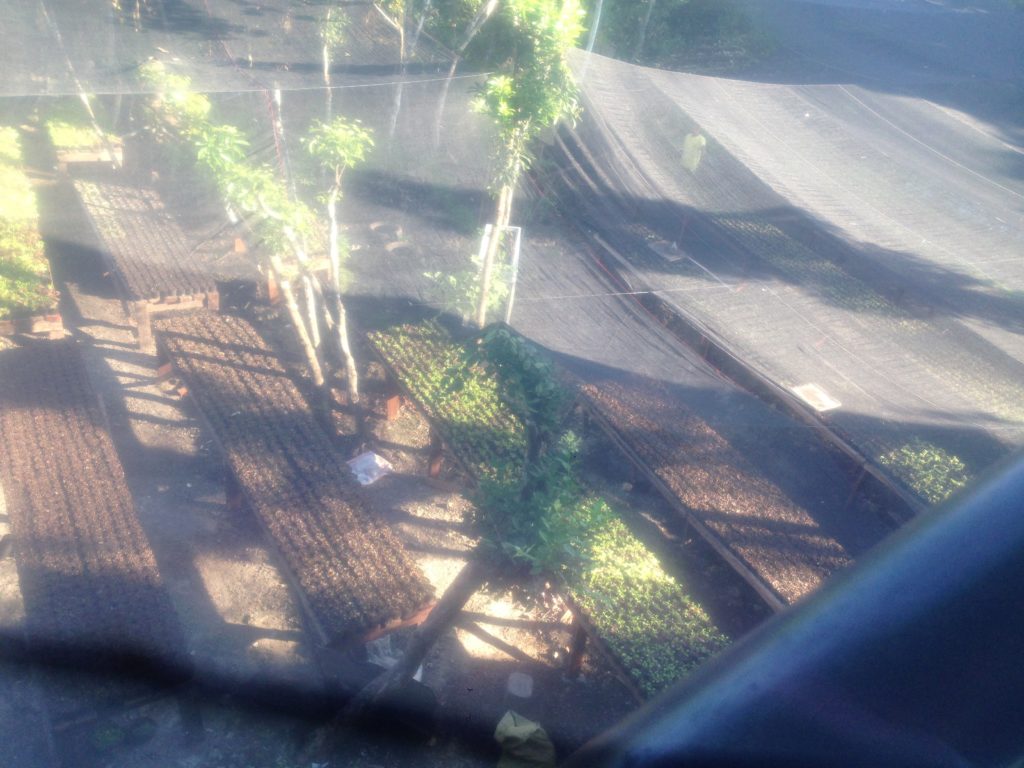
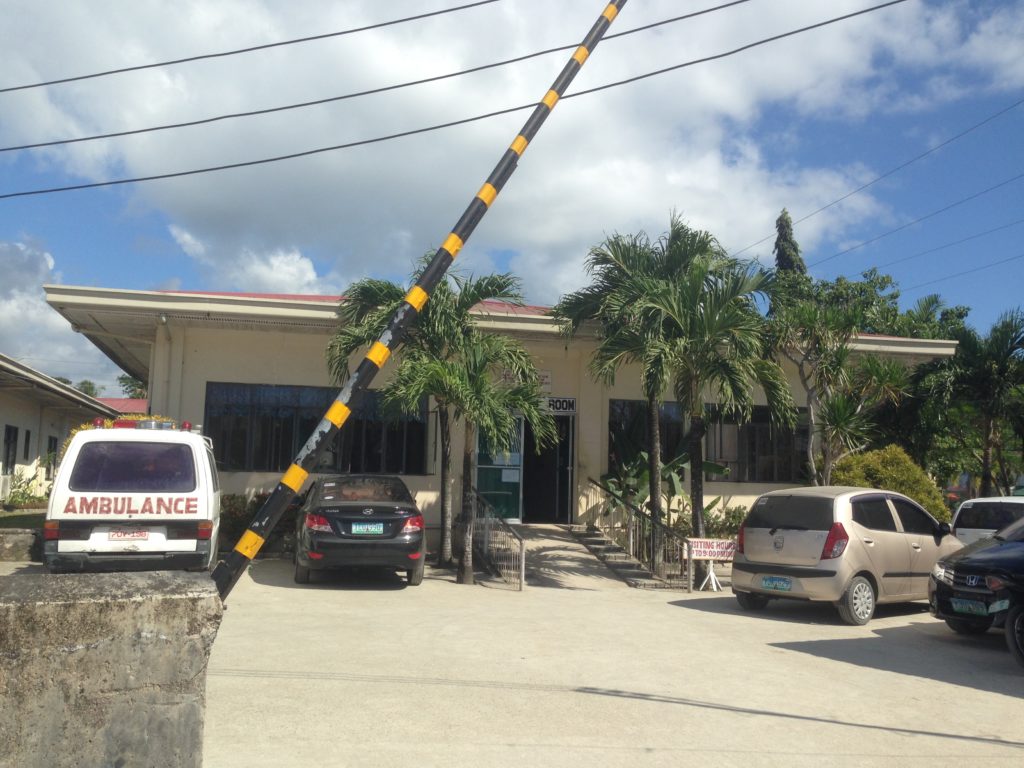
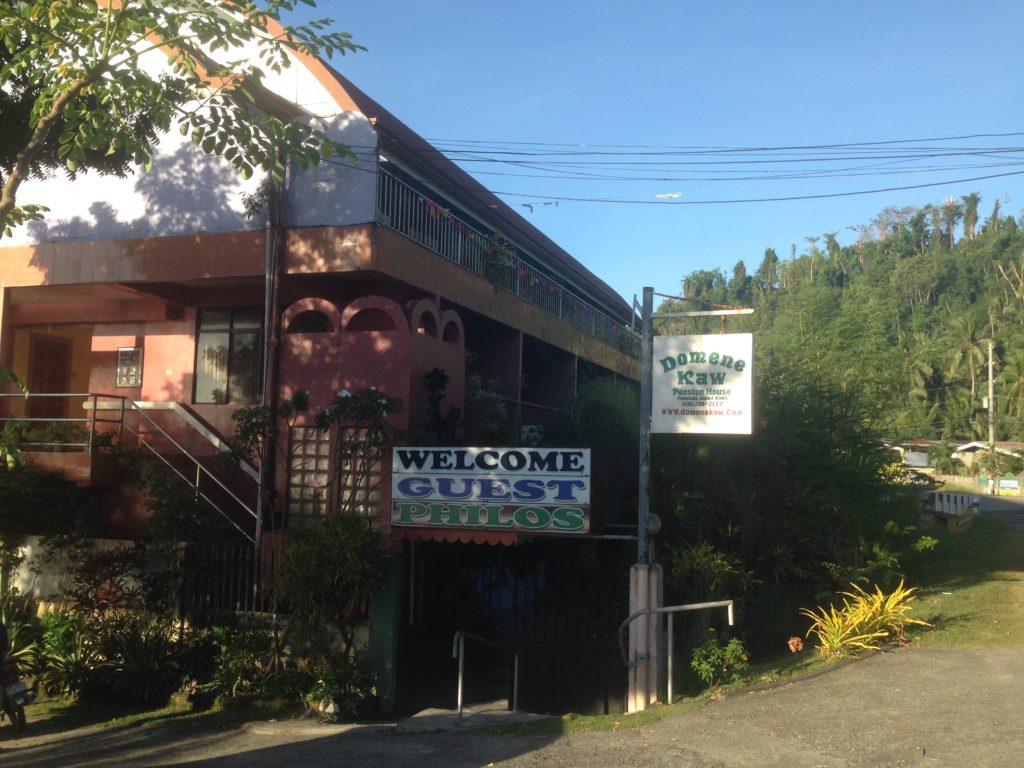
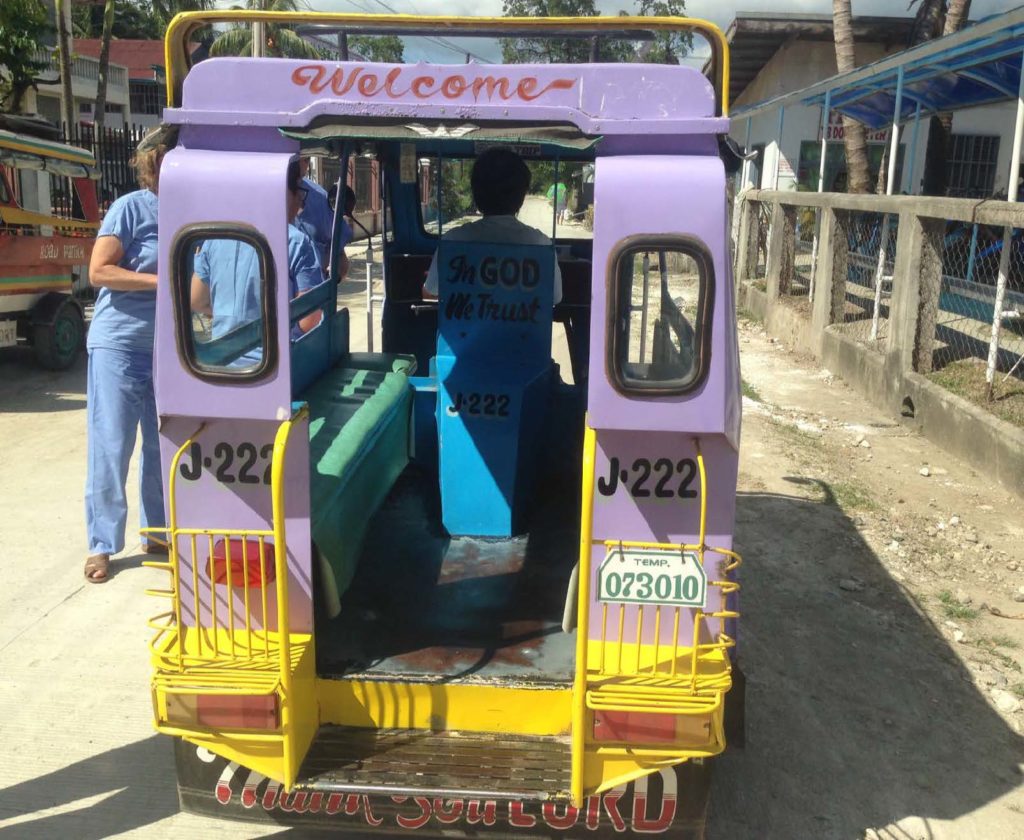
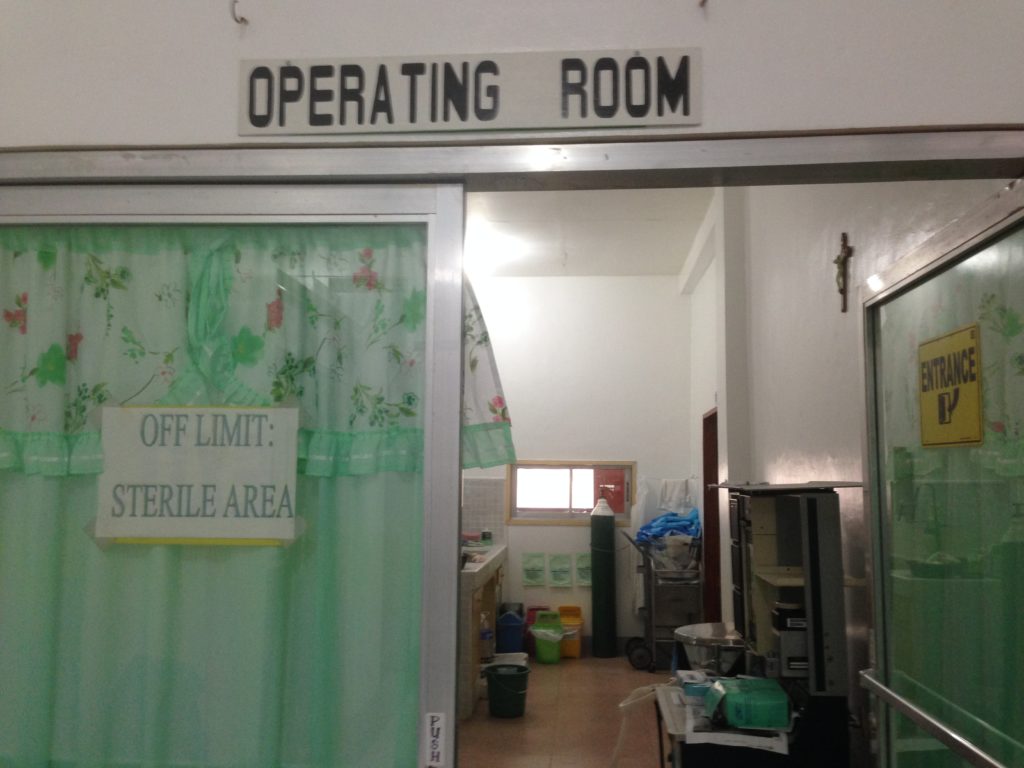
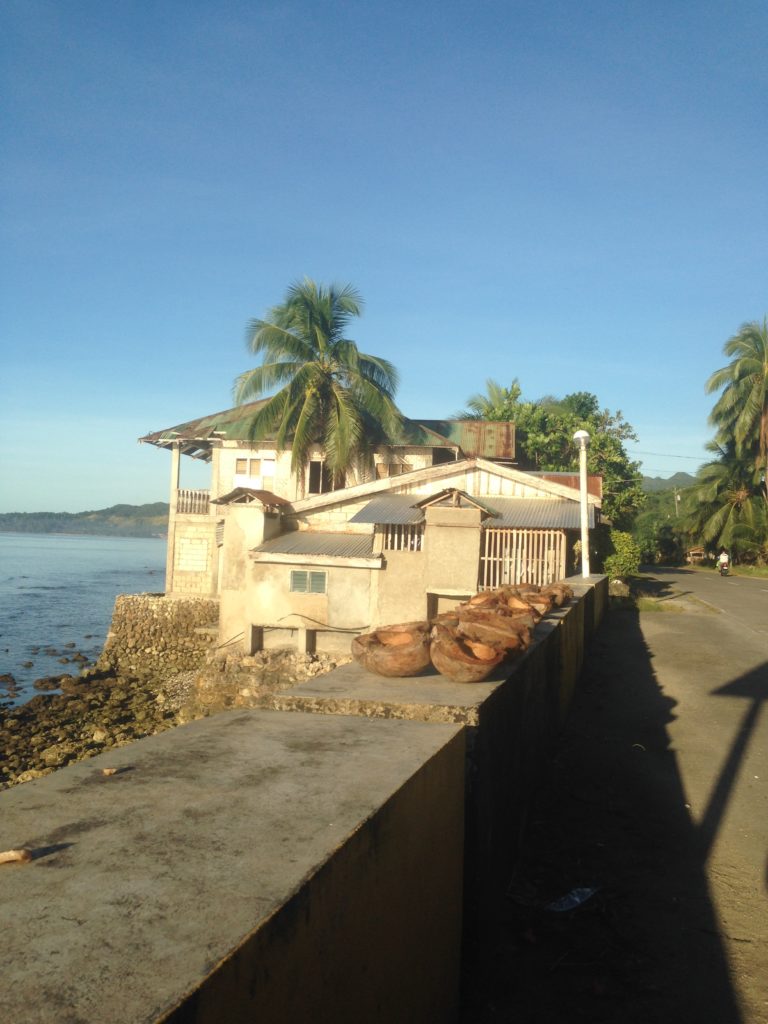
This Post Has 0 Comments